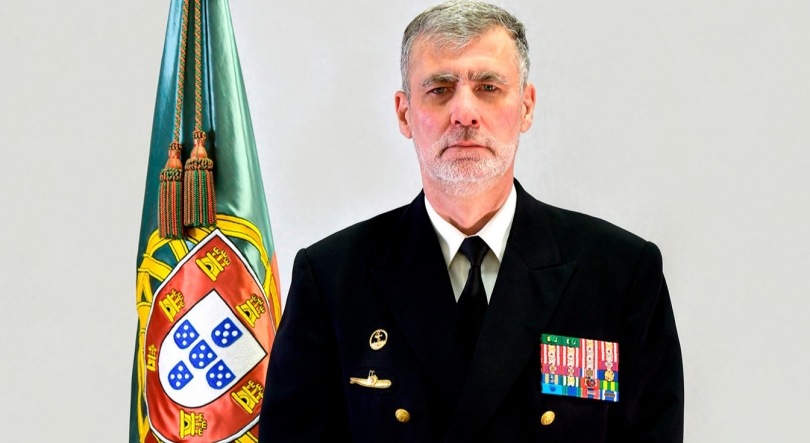Elena Elena’s interview about her Manon in the play Barry Koski
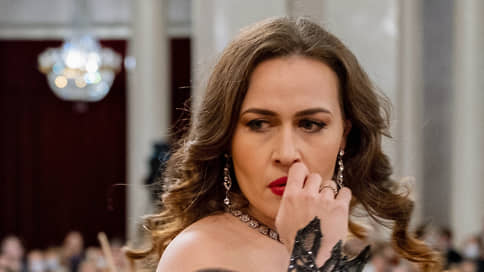
Russian singer Elena Styrina, one of the most popular lyrical-dramatic soprano of today's scene, sings Manon Lesko in the opera of Puccini of the same name on the stage of the Zurich opera in the production of the famous director Barry Koski. About the play, their role and their attitude to exemplary performers of the past Elena Stevina told Vladimir Dudin.
– Is this your first Manon?
– Two years ago, I had to urgently learn this party when I was asked to replace Anya Harteros in the Bavarian opera in Munich. I quickly learned, but since then I did not sing it anymore – I almost forgot. If we take into account that now in the Zurich opera I thoroughly prepared the Manon that is put on me, then we can say that this is really a debut. By the way, Barry Koski also debuts in this opera, which he loves very much and dreamed of putting it for a long time.
– This is the only third Opera Puccini, but it seems that this is a mature masterpiece of a great master – everything is so intensively written in it. Was it difficult for you?
– The opera requires great endurance – this is true, but for soprano it is still more conveniently written than for the tenor, which has everything in the high tessature. Soprano is also almost from the beginning to the very end on the stage – the party is very saturated, except that in the third act of the heroine is a little less. I would notice that in the Soprano party it is still felt that this is one of the first operator operator operator, but the fourth act sounds like mature Puccini, although he really was only 35 years old.
– With Barry Koski you have a whole story of cooperation – I remember you in his production of Prince Igor Borodin in the Paris Opera.
– Yes, “Manon Lesko” is our third joint work with Barry. After the Prince Igor, which was supplied even before the pandemic, in May of last year we made a triptych of Puccini in Amsterdam, where I sang in only one of three operas – Angelica in Angelica’s sister. It was a heartbreaking production, very emotional, deep, to break the aorta. For what I love Barry is that it is always easy to work with him: he is a cheerful, wonderful person, loves singers very much, treats them with great respect, always follows the text of the libretto, and the most important thing – he plays perfectly on the piano, perfectly understands the musical letter, unlike many directors. Plus, he has such a feature that is of great value for me: he has no extra items on the stage – it is usually almost empty, everything is focused on the disclosure of the characters. Do not hide either behind a chair, or behind the scenery, or behind the suit – you must play everything. This is the complexity of Barry's supplies. And he works on every phrase, every word, stops and demands to interpret in a different way if something does not like. Therefore, when there are a renewal of his productions, it turns out some kind of completely different performance.
– How tedious to work in such an intensive direction? Moreover, many performances in a row.
– Of course, I get tired – it is necessary to hold concentration, and in our Manon Lesko there is a lot of movement. In this performance you are not just standing and singing, but all the time you run, jump, there are a lot of actions, all kinds of nuances. Vocally also tiring, but you still get used to it, especially when the party is an admission, this is a more natural process for me.
– In one of the photos from the play, you are in a golden dress, you follow you, a carriage whose coachman is death. What is it, the allegory of « fussing »?
-One of Barry's general ideas in Manon, which he told the artists about the so-called Konzeption-Gesprach before starting work, was the idea of a road and a way. In each action, someone constantly comes and leaves until the last path of the main character. On the stage, an old bus and five carriages are symbolic, which periodically set in motion. In the last act of the carriage, we are divorced, we are dragging it along with Tenor. In this version, the hero also dies, de Hae, and even before soprano.
– Is there samples for you in the case of Manon among predecessors or, perhaps, contemporaries?
– When I taught this party for a long time, I listened to the record with Maria Gullegin. And when she began to resume her in her memory and repeated, she did without records. I admit that I prefer not to listen to the notes, but to deal with the pianist. But from time to time I listen to Freni, Kabalier, and Tebaldi, I like Birgit Nilsson, I can listen to Callas, although I have never been her fan. I do not take anyone for a 100 % ideal, realizing that no one is perfect and I am not perfect. Everyone has pros and cons, we all strive for something of his own, everyone has their own ideal of sound and understanding how it should sound. This does not always converge by 100%, in addition, the trends in the opera are changing very quickly.
– At the same time, for example, in Manon you work with Marco Armilo, and it seems to me that a very good example of the trends do not always change – it is a great Italian tradition.
– Yes, Marco is a classic Italian old -school conductor in the very good sense of the word. I also work with him for the third time. For the first time we met at “longing” in Vienna, for the second time-on Bohemia in the meter, but then there were performances-renewal, and this time a new production. Marco conducts all operas by heart, and he is famous for so long that everyone knows that he can begin to conduct from any place, words, phrases. He was at all the Manon rehearsals, with the exception of a couple times when he conducted Madame Butterfly. I am not a conductor, but in my experience in different operas I got a persistent impression that Cligwies Conducting is the most difficult thing that could be. He has something new tact, then a new rhythm, changes in the pace, slowdown-acceleration. Even if you open Wagner, you will not find this. Maybe in Strauss operates something similar can be, but it is still easier to consider than that of Puccini.
-By the way, did you have an excellent program for chamber-vocal music of Richard Strauss, do not plan to repeat?
– Strauss would very much like to repeat, and more than once, but so far there is no such request. Now chamber programs are very little in demand even in Europe.
– You have an impressive catalog of mastered composers: Verdi, Wagner, Strauss, Puccini, Tchaikovsky, Mozart, Karubini. Do you consider yourself a universal singer?
-It seems to me that all the singers are universal to one degree or another, only someone is interested in mastering a new repertoire, someone-no. I practically do not have Mozart now, I sang Donna Elvira in Don Zhuan, probably three times in the Mariinsky Theater. And once – Electra in « Idolen less. » And he could open for me from a new side, there are still many operas of Mozart, which I could and would like to sing. For example, Fjordilli or Countess, but I don’t know which of the conductors will be able to fulfill this dream. Elvira can continue to sing. The same Birgit Nilsson and Donna Anna sang in the break between the « Valkyri ». You just want to.

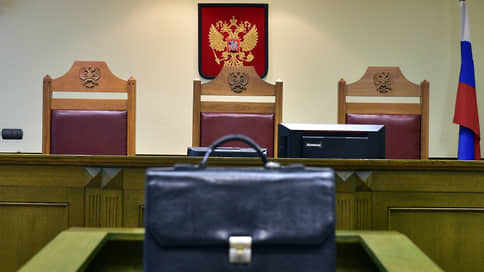
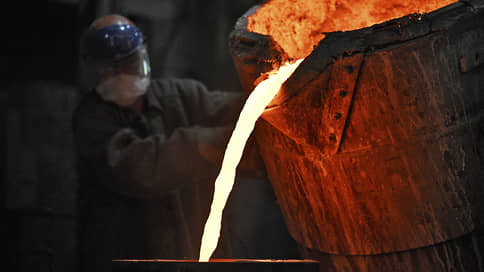


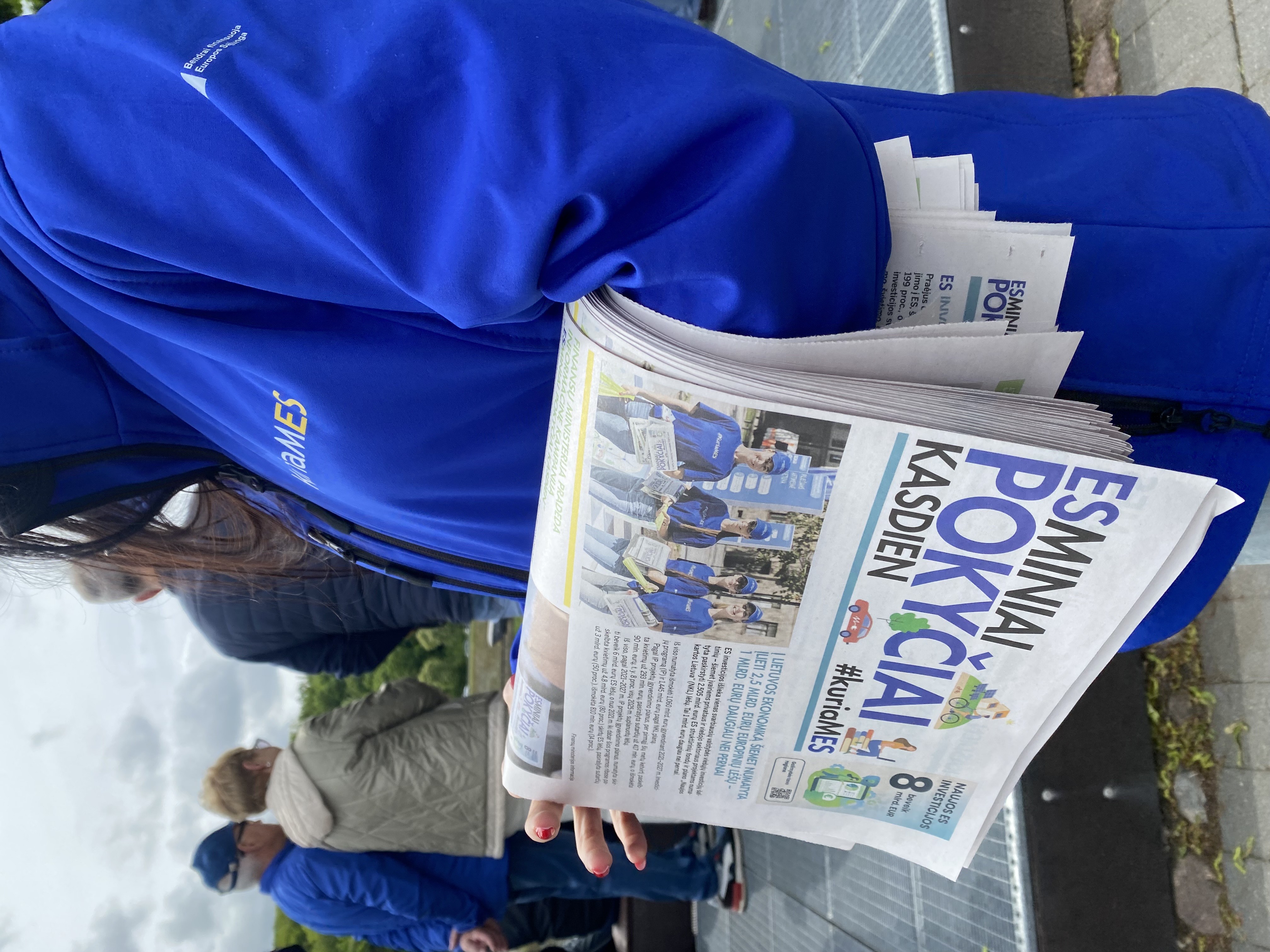
/s3/static.nrc.nl/wp-content/uploads/2025/05/28170311/data132935711-0a7f72.jpg)
